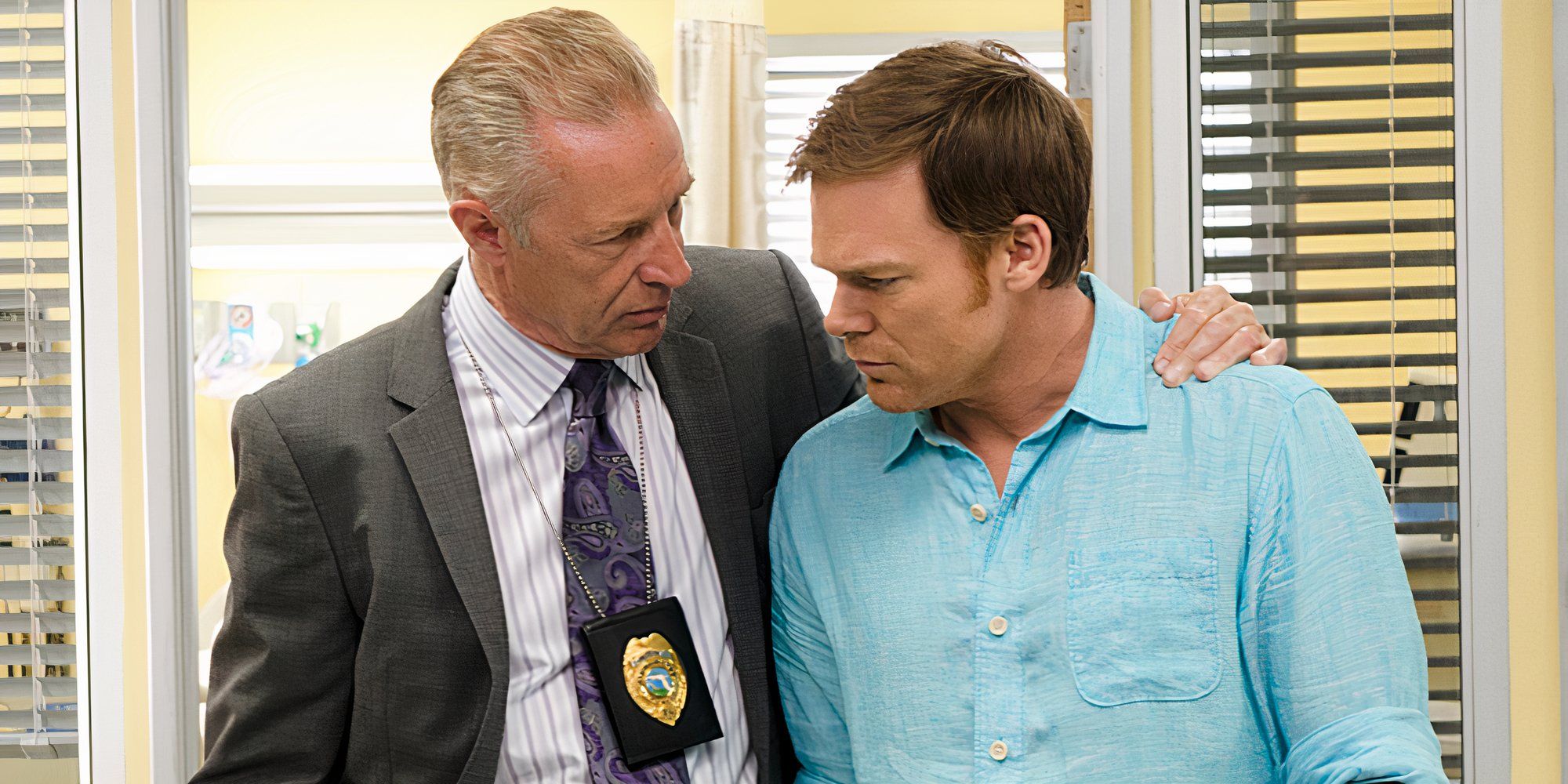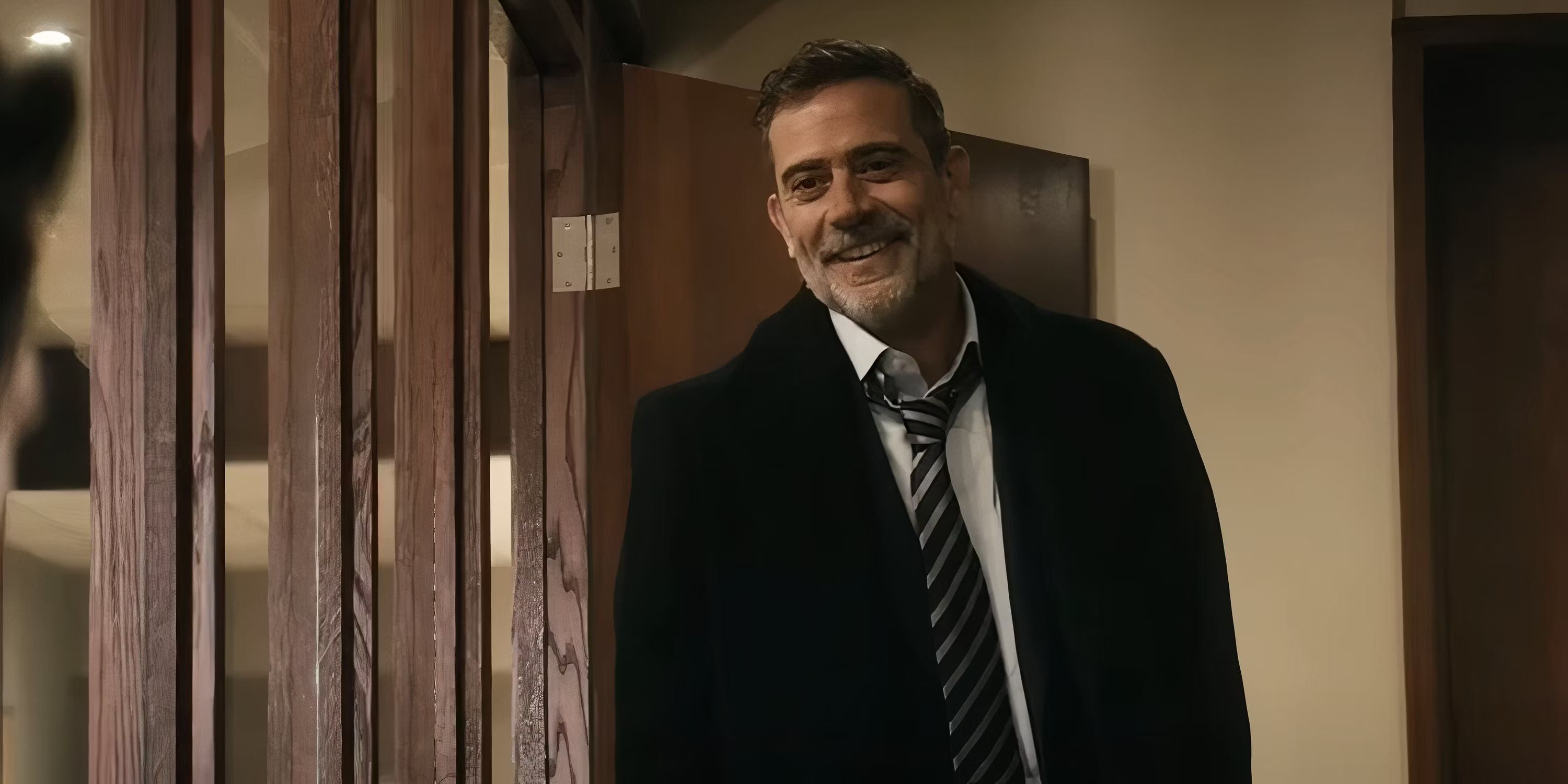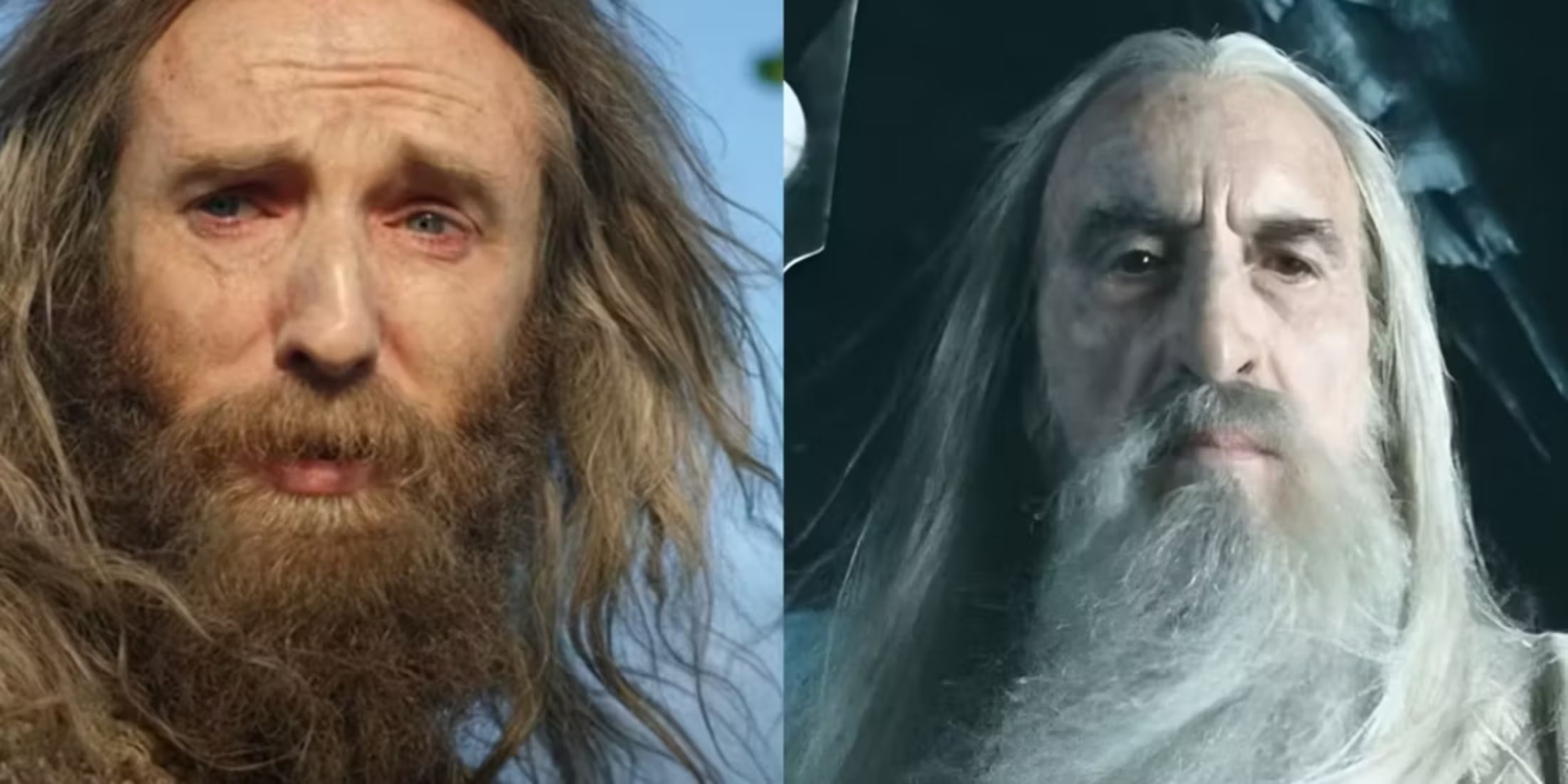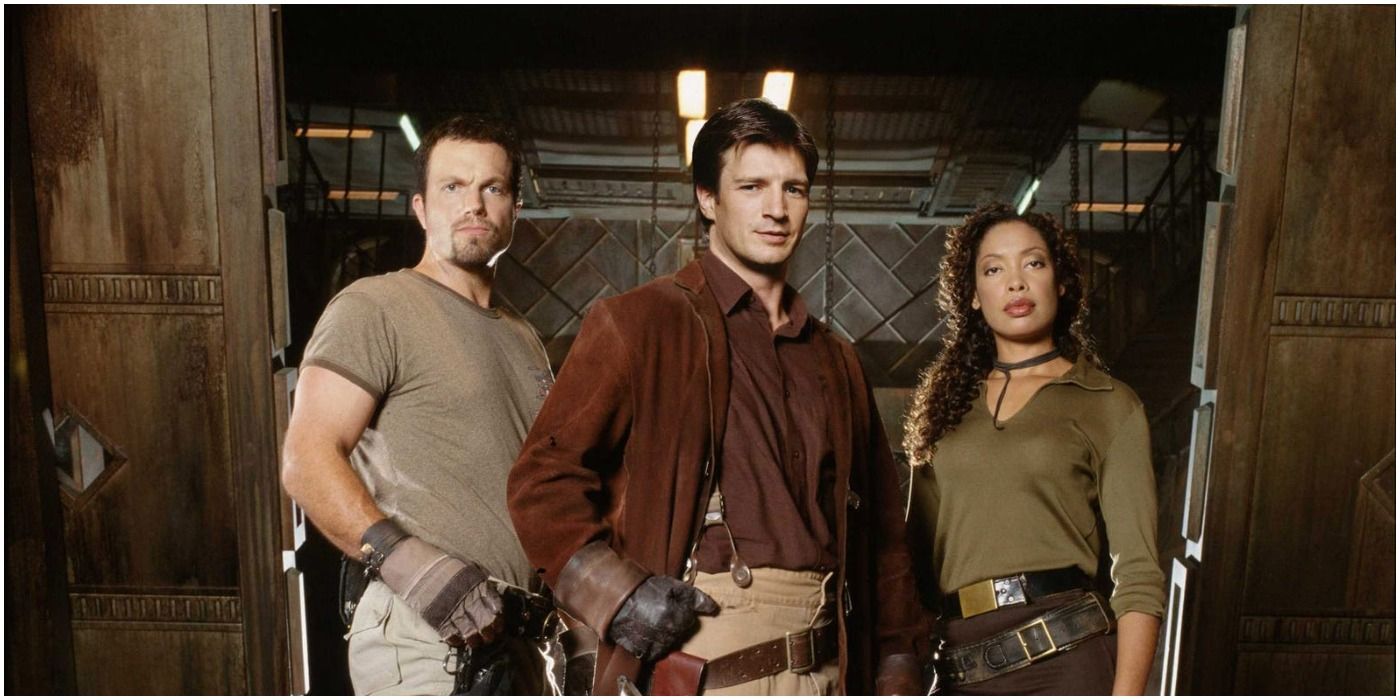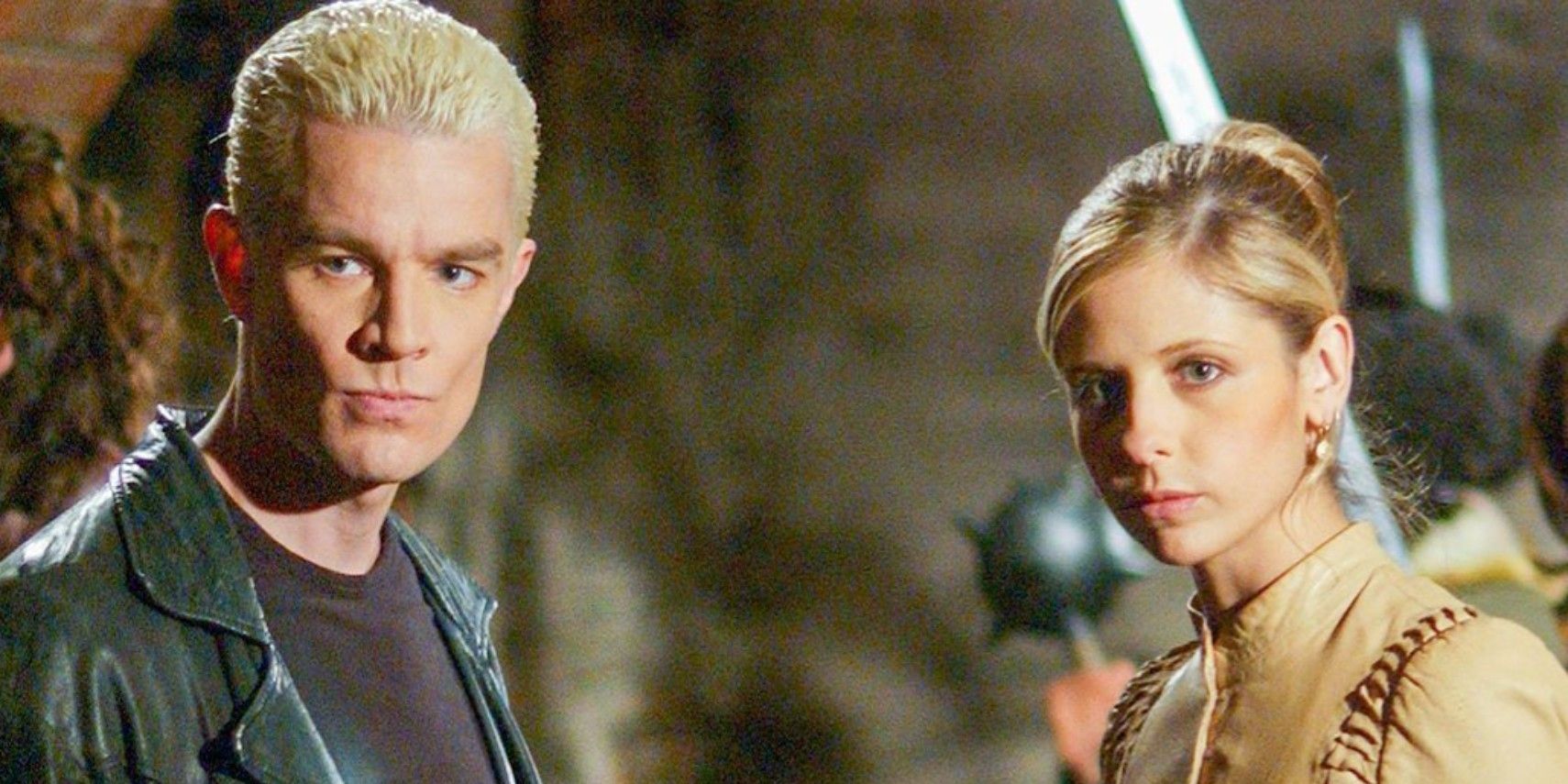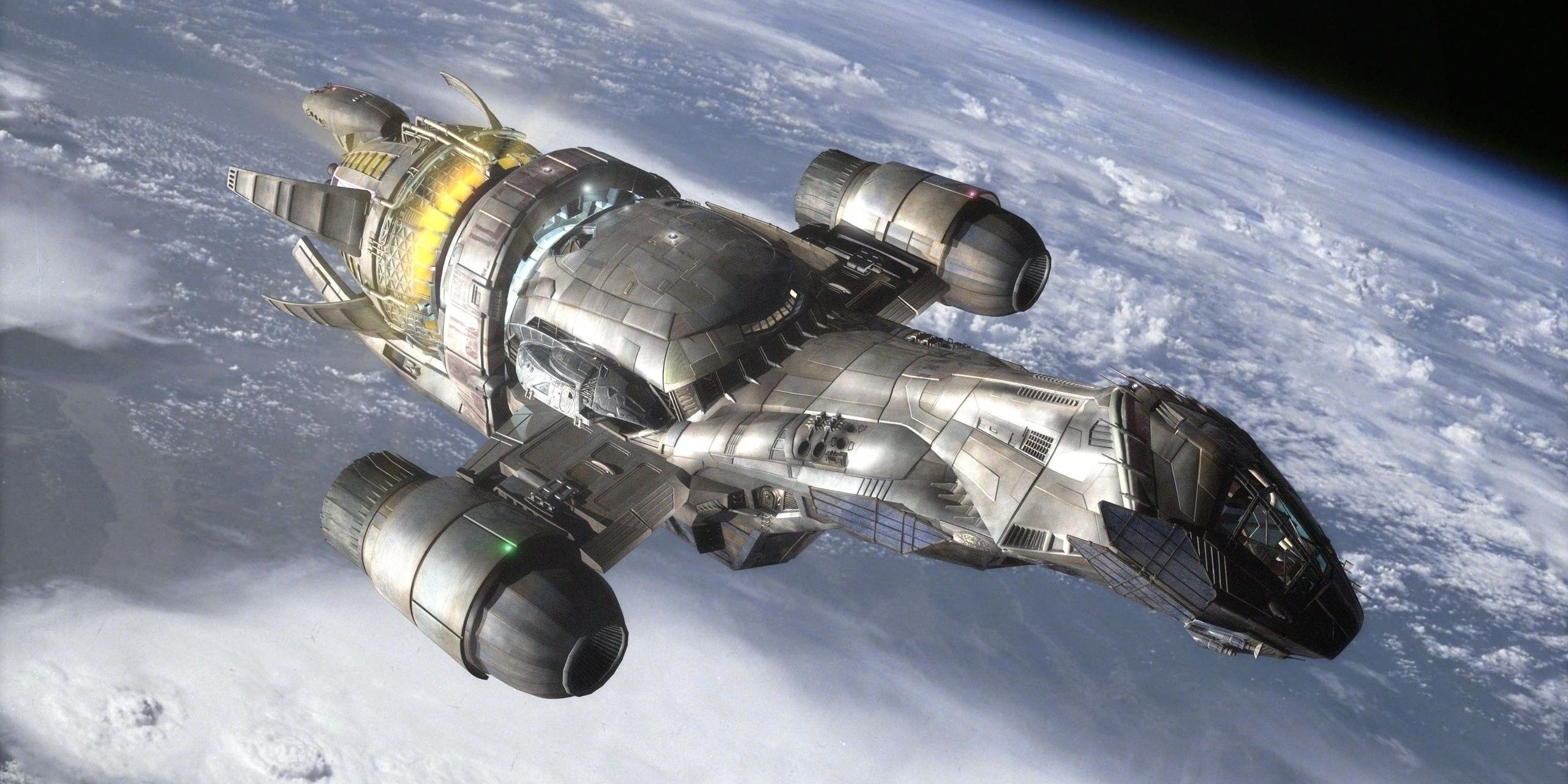When Joss Whedon announced Firefly, his newest series, he was then-current pop TV’s golden boy. He'd transformed his 1992 flop film, Buffy the Vampire Slayer, into a top-rated TV show and created a successful spinoff, Angel. Buffy had taken the world by storm, and anticipation for Whedon's next work couldn’t have been higher.
That it was a proposed sci-fi show didn’t phase anyone—despite the outcome of his work on Alien: Resurrection, his other genre forays were already beloved. The once and future expander of the MCU into a full-fledged mega-beast of a franchise was good to go, as far as audiences were concerned. But of course, the show was canceled after a single season.
The Young Slayer, Sorta
Wunderkind is a phrase tossed around all too easily regarding any relatively youthful up-and-comer in the industry — Seth MacFarlane, for example earned the moniker when he brought back Family Guy from the dead over and over again. However, Joss's earning the title is a little odd. He'd come up under his father’s shadow, Tom Whedon, a writer on such perennial megahits as Benson and The Golden Girls, and his grandfather John, who helped turn The Andy Griffith Show and The Dick Van Dyke Show into all-timers for Desilu back in the 1960s. It was no wonder that Joss Whedon had a legacy to live up to, as well as an already well-established “in” to the industry at large.
Cutting his teeth on shows like Roseanne and Parenthood, Whedon soon sold his first feature script, Buffy the Vampire Slayer, which came out in 1992. The film was much goofier than Whedon later claimed he intended, and it came and went without much of an impact. Licking his wounds after the film and before his TV version would come out, Whedon turned to script doctoring (famously helping shape the first Toy Story into something watchable), and then writing Ellen Ripley’s rebirth in the commercial smash/critical flop Alien: Resurrection.
Since the Buffy film had been such a flop, when Whedon entered the post The X-Files landscape and turned the TV version of the property into a hit, everyone was surprised. He’d invented modern teen procedural TV. But when Firefly was announced, nobody knew what to expect. In terms of what Whedon's past experience could mean for an entire sci-fi franchise of his own, it was anyone’s guess what he’d turn out.
A More Cynical Sci-Fi Tale
When Firefly debuted, it was something like the opposite of Star Trek. Instead of a gleaming ship backed up by a powerful federation of brave explorers seeking out new life, it was apocalyptic, featuring former combat vets on the run from the glossy, controlling government in a darker universe. Humanity had not embraced each other despite their differences in Whedon’s space opera. They had simply used up the Earth then fled to a new galaxy to use it up as well. An even bigger difference was that Firefly’s universe focused solely on humans, rather than alien life.
Looking toward our future, the show was negative in its outlook on our ability to deal meaningfully with climate change and instead of a Federation. The only political unity was an alliance of convenience between China and the West, with the characters speaking a mix of English peppered with Chinese cursing or sporting some surface-level Asian cultural affectations. It wore its influences on its sleeves, some Blade Runner here, some Star Wars there, in both the Western-theming and the captain, Malcolm Reynolds (Nathan Fillion) dressing like Han Solo. The pedigree was there, as well as the influences of a Gen X-er getting his own sci-fi sandbox.
Keep Flying (In Our Memories)
When FOX, after airing episodes out of order and barely advertising the series, canceled Firefly before its half-season order of fourteen episodes had even finished airing, fans were flabbergasted. Joss Whedon, who still had his other shows on TV, had faltered somehow, and now the golden boy’s property was no more. After the mess with MacFarlane and Family Guy’s multiple cancellations, it just seemed more of the same from the current crop of FOX executives. Audiences fought hard for it to continue, but to no avail. At the time, fans likened it to the original Star Trek, itself canceled after three seasons (each with successively fewer episodes than the previous) and never completing its five-year voyage.
Firefly had never gotten a chance to shine, and so things that would have started earning it critical reappraisal never solidified. Only after it hit big on DVD did people start talking about the show. Articles about how there were no Asian characters of note in its Sino-English universe, or how characters like Adam Baldwin’s muscle-headed merc, Jayne, seemed a lot like Ron Perlman’s muscle-headed merc, Ron Johner, from Alien: Resurrection. Then there were those who examined Whedon’s claims that it was a story inspired by the Confederacy after the American Civil War, meaning his already racially rocky universe was making heroes out of those who fought on the side of slavery. Other viewers questioned his treatment of female characters, particularly focusing on Inara (Morena Baccarin), a courtesan Mal almost exclusively refers to as a "whore" throughout the scant episodes. This claim was given weight when a former Buffy actresses came forward about his abuse on that show.
If the series had gone on, gotten even a second full season, these issues might have derailed it. There would have been more content to critically judge on those various fronts. As it is, being truncated so early, it’s caught like a Jurassic Park mosquito, forever enshrined in amber and therefore kind of timeless. Ironically, Firefly can keep flying because it never really got a chance to.

